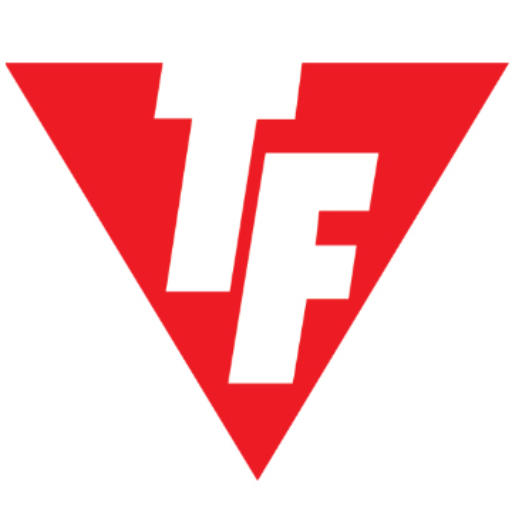In recent decades, tractors, backhoes, combines, and other machinery have become bigger and more powerful.
Forging creates parts with higher strength-to-weight ratios and greater impact and wear resistance. Forged parts handle the increased power and torque of modern agricultural machinery and last longer. That means less downtime, higher productivity, longer equipment lifespans, and lower total costs.
Common Forged Components in Agriculture

Modern agricultural equipment is complex and diverse, so there are many applications in this sector for forged components, including:
Tillage Components
Machine parts that cut, turn, and prepare soil are subject to impacts and high wear. Tillage components include plowshares, disc blades, tines and coulters, plus the associated shanks and other ancillary parts.
Powertrain & Drivetrain Parts
These parts experience high torque and stress and must be able to withstand some impact. Examples are shafts, sprockets, chain links, and gearbox components.
Linkages, Arms, & Lifting Components
High loads, torque, and impact require forged tie rods, flanges, spindles, levers, and more.
Connectors, Brackets, & Hitch Elements
This broad category covers the parts used to hook up and tow trailers and machinery, plus the associated mechanisms and other elements needed to get equipment out to where the work gets done.
Why Forging Matters in Agriculture

Forging retains the grain structure and direction that was created when the raw material was rolled at the mill. By maintaining this strong directional element in the finished forging and designing the component to take advantage of the orientation of the grain direction, we can ensure the best possible performance from the material.. At the same time, it reduces the number of internal defects present. As a result, forged metal is stronger than metal of the same composition shaped by casting and/or machining.
Impression die forging creates parts close to the final shape that need little machining. This makes the process especially advantageous for metals with poor machinability, like hard and tough steel alloys.
Specific benefits of forging are:
- Superior strength
- Enhanced fatigue resistance
- Higher impact resistance
In addition, depending on the alloy and type of heat treatment applied, forging can raise both hardness and abrasion resistance.
Farming is a challenging environment for agricultural machinery and equipment, with high loads, heavy wear, and unpredictable impacts. In an environment where there’s more pressure than ever to maximize productivity, forged components provide the durability and life these components need.
How Trenton Forging Supports Modern Farming
Trenton Forging has been a leader in the U.S. impression die forging industry for over 50 years. We use advanced technologies and equipment to deliver high-quality steel forgings to customers throughout North America. In addition to the agricultural equipment sector, other industries we serve include heavy truck and trailer, railroad, automotive, and construction.
Our in-house capabilities include machining, 3D laser scanning, and design. We also manufacture our tools in-house, which compresses lead time while giving us total control over quality. We also comply with ISO 9001:2015, ISO 9002:2016, and QS9000 standards.
If you’re searching for a source for high-quality, American-made components for agricultural equipment, we can produce what you need. Contact us today to discuss your requirements and to request a quote.


